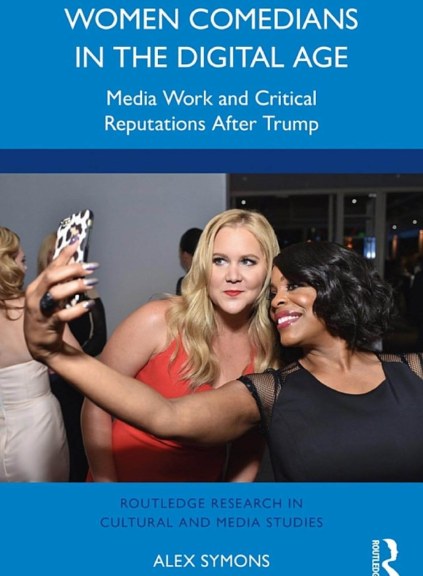The book delves into the topic of female comedians in the United States using digital platforms to perform their comedy, interact with their audience, change their image, and take part in political activism. It posits that digital media is transforming comedy and allowing women to develop new forms of humor and respond to the political turmoil brought about during and surrounding the Donald Trump presidency.
With the rise of platforms such as TikTok, Twitter, and video podcasts, there is an increasing amount of uncharted ground being covered by female comedians that Symons wanted to explore. “People just tend to look at the TV work,” Symons says. “There was this huge area of media industry work that was not really examined.”
Symons also explores the impact of political figures, such as former President Trump and others, who have had a significant effect on the world of comedy. Many women comedians who previously shied away from politics have been driven to become more politically active.
This shift was highlighted by the controversy surrounding Trump's comments about Rosie O'Donnell, which were widely covered by the mainstream press and led to a renewed interest in her past work. “The more he attacks, the more they actually benefit,” Symons notes.
Another topic his book explores is new career paths the digital age has created. One example he uses is the comedian, Lilly Singh. Originally a YouTuber making skits about her family and culture, she became so popular that she hosted her own show on network television, A Little Late with Lilly Singh. “That is now a career path,” Symons explains. “You do YouTube or podcasting first, and then that transitions into working in TV.”
Symons teaches multiple classes that encompass the study of television, film, and digital media like Global Media, Documentary and Media Activism, Television, Audiences and the Internet, and more.
Much of the content in the book is reflected in how he teaches. In Digital Culture in Business and Life, students are exposed to all manner of media, like YouTube content creation, and even create their own podcasts. “These are all things we see the model for in the book,” he explains. “We follow a lot of the principles and creative voices in [the book], and the students make the same creative choices themselves.”



